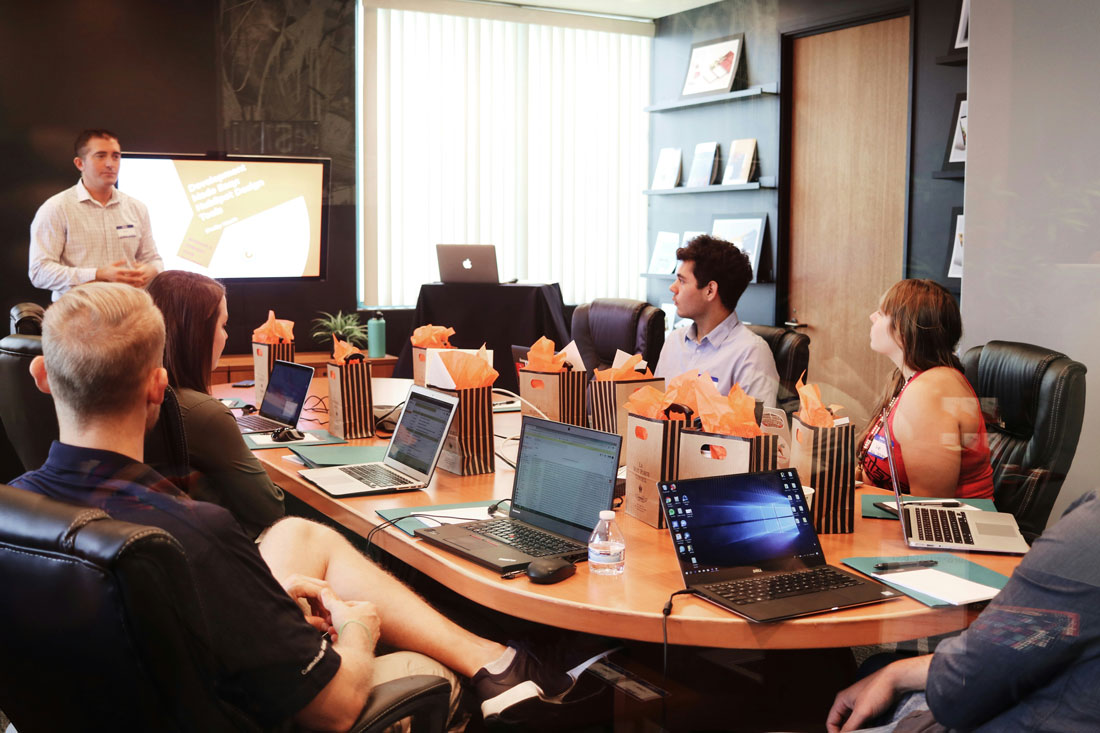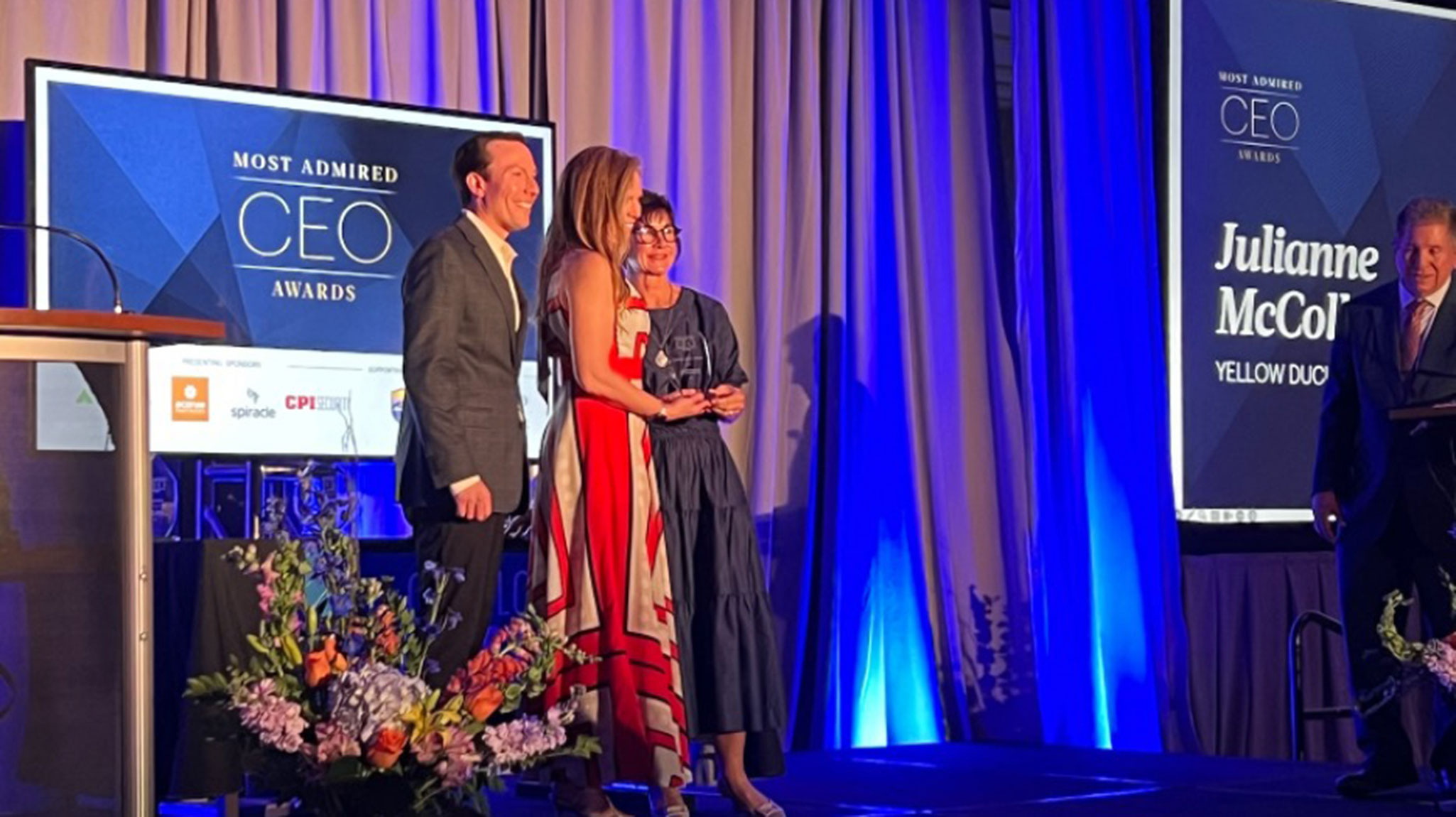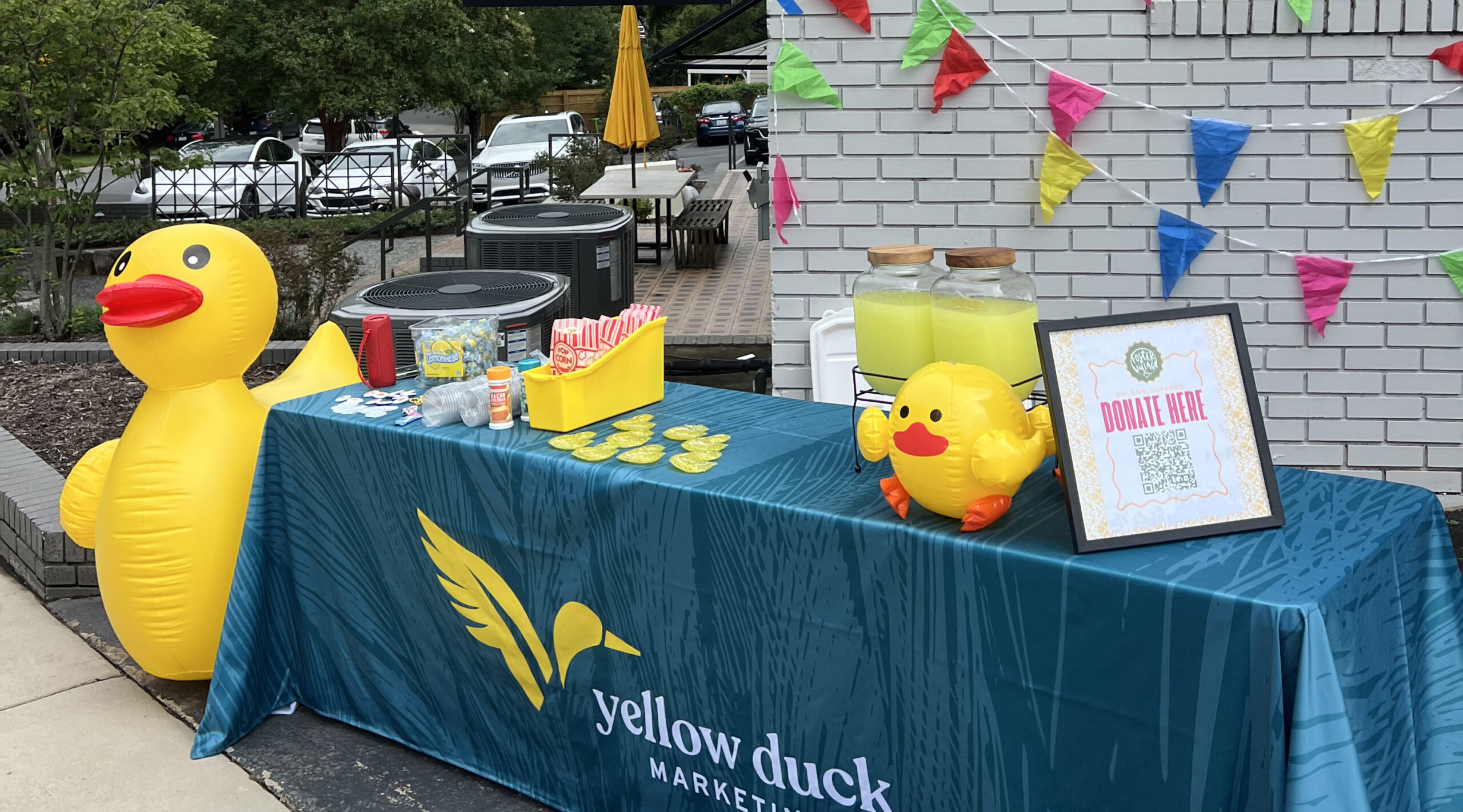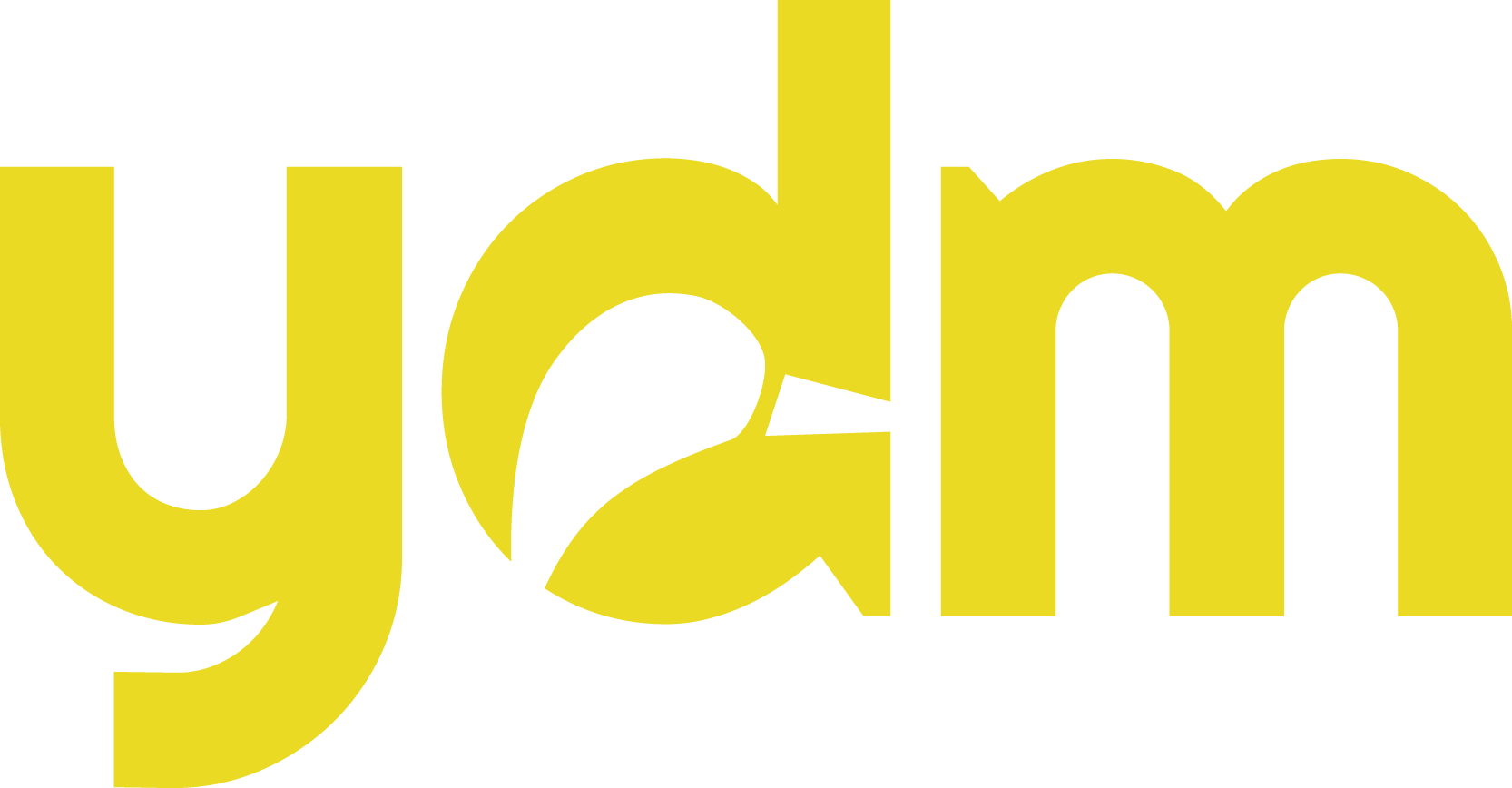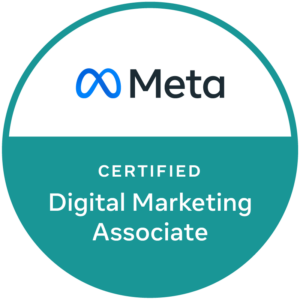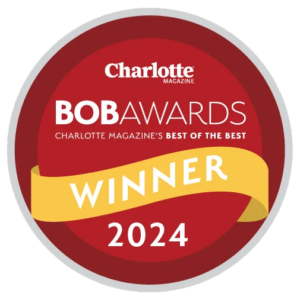Please, earn a degree.
In today’s world, earning-yes, earning- a degree in public relations, advertising, business or journalism is all but required if you seek to be employed within the integrated marketing sector. In fact, if all you’ve got after four years of college is a mere piece of paper stating that you’ve fulfilled the requirements to call yourself a graduate, you’ve got a BIG problem. If you’ve done the following, you’ve positioned yourself for success:
1. Really dug into the coursework
2. You’ve realized that a syllabus is just a conversation starter
3. You’ve actually read and interpreted the required reading
4. You keep tabs on leading industry blogs and publications (e.g. AdAge, PR Daily, Mashable, Sociable, Logodesignlove, Social Fresh, etc.)
5. You’ve pulled your own weight (and then some) on group projects (projects that you’ve treated like real-world clients)
6. You’ve spent time with your professors, learning vicariously through their industry experience- you may have even gotten a few letters of recommendation
7. You’ve got a strong integrated marketing foundation based in theory
Intern your heart out.
As previously stated, your undergraduate education is based in theory. Internships will grant you real-world know-how. They will give you an opportunity to apply all that you’ve learned in a working environment with clients that demand diligence, efficiency and expertise.
Don’t get hung up on securing highly paid internships at big-name corporations. Often times, you’ll receive a greater learning experience from well-appointed principals of smaller, full-service integrated marketing agencies. Since interns at boutique agencies are lesser in number, employees are more inclined to take their time teaching you the tricks of the trade. Interning at a smaller agency may afford you the opportunity to impact various projects because they actually want and need your help. Here, you may stand a better chance of drafting press releases, conducting research, copywriting, editing, campaign development or planning social media.
When you apply, make sure that you’re a viable candidate for the internship that you want. In other words, if you’re applying to be a social media intern, you should have a clear demonstration of your capabilities and understanding of the platforms through use of your own personal accounts- clean up your posts, if necessary, and provide your social media links on the application form.
The internship world is highly competitive and you have to be willing to put up a fight. If you truly commit to the application process and succeed in selling yourself, you may get your foot in the door. And sometimes, that’s all it takes. If you do land one, volunteer for any job or responsibility and ask tons of questions.
Network, IRL!
It’s not always what you know, but who you know. We live in the digital age, and while it may seem more convenient to sit behind a computer screen looking to find the next great career move, we would be remiss if we did not mention how debilitating that would be.
Spending hours scouring CareerBuilder and LinkedIn job boards is tedious and even the most qualified resume isn’t guaranteed to secure a desired position. While having 500+ connections on LinkedIn is incredibly impressive, how many of these connections do you actually know IRL? How many of these business professionals are in positions that could actually benefit your career search?
With that said, get out there! Do you best to attend as many general networking events, PR/Mktg/SM/Biz meetings and social media “meet ups” as possible to get your name and face out there. Be active in the integrated marketing community and eventually, opportunities will come knocking. As you start to cultivate an interest in potential employers, don’t be afraid to interact with them via social media- comment, RT, share until you heart’s content- in a non-creepy kind of way, of course.
Check yourself, before you wreck yourself.
As a professional, you need to be able to evaluate yourself objectively. Identify what your weaknesses are, but focus intensely on your strengths. Your future employer will want to know exactly what you bring to the table- so, what is your Unique Selling Proposition (USP)?
Getting into the creative industry is all about finding a corporate match- you have to love them, and they have to love you. Researching the culture, personnel, work and brand of a company that you may be interested in working for will be integral in pinpointing your potential value. You need to make sure that the skills that you have are skills that they need. You could have all the ability in the world, but if you’re not creating a solution to an employer’s problem, you’re taking up space.
Carefully apply.
The first step in the application process, is scouring your future employer’s website for career application requirements. Be sure to include all requested materials (e.g. resume, design portfolio, websites and/or writing samples).
Next, is submitting an exceptional cover letter and resume. If you’re truly cut out for the creative industry, you’ve come to terms with the fact that 1) Ad execs work 10+ hour days and simply don’t have time to read your lengthy submissions 2) Gen Y is saturated with incredibly intelligent, creative minds- so competition to land an interview is stiff, let alone actually securing a full-time position.
To better your chances of getting in front of personnel, demonstrate your knowledge of the company in a well-written, error-free cover letter. This is not the time for a run-of-the-mill, template document that you’ve adapted to suite your needs. Show your passion for the creative industry, offer insight to solve a challenging problem, be succinct, give an anecdote, use tasteful humor…remember, the end goal is to get someone to talk to you- write something worth reading.
Your resume, on the other hand, should offer less personality. Here, you want to focus on qualifications. Don’t sugar coat or over-inflate- you’re not fooling anyone. Quantify an objective, stick to the facts, include only advantageous information and use plenty of action verbs. Use the facts of your resume to back up your cover letter- prove that you have the capability of working in a fast paced, creative industry.
Ace the interview
- Dress for the job you want. Your research on company culture should indicate appropriate attire. It’s always better to be overdressed than underdressed.
- Be punctual. If you’re early, you’re on time. If you’re on time, you’re late. If you’re late, enjoy the interview, because you won’t be invited back.
- Be prepared for every possible question the hiring manager may throw at you. Ask the interviewer questions; show confidence, interest and aptitude.
- After the interview concludes, send a hand-written thank you note via USPS. Generation Y gets a bad wrap for being selfish and inconsiderate- so, while you may have the option to blast a generic email, take the road less traveled. Thank your future employer for their time and express how hopeful you are for the potential opportunity.
- Follow up! *Note: “follow up” does not mean “harass.” Do you see how the words are different? Wait about a week or so after the interview and if you have not heard back, politely call and see whether or not you are still a viable candidate for the position. If not, kindly ask how you can improve your resume, qualifications and/or interview skills.
